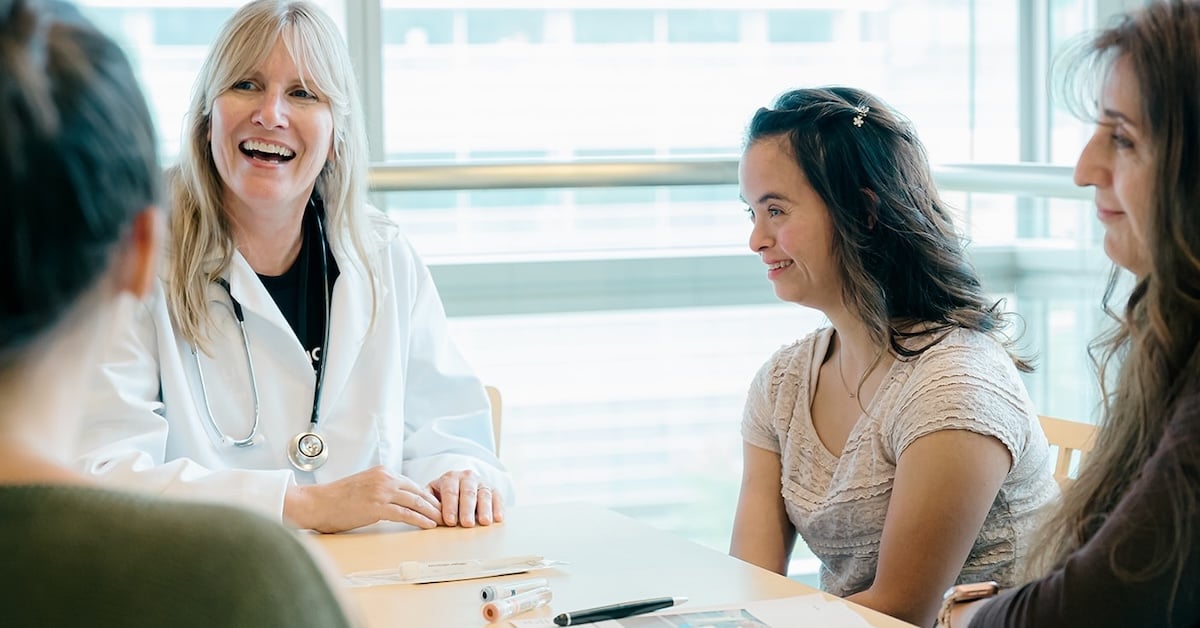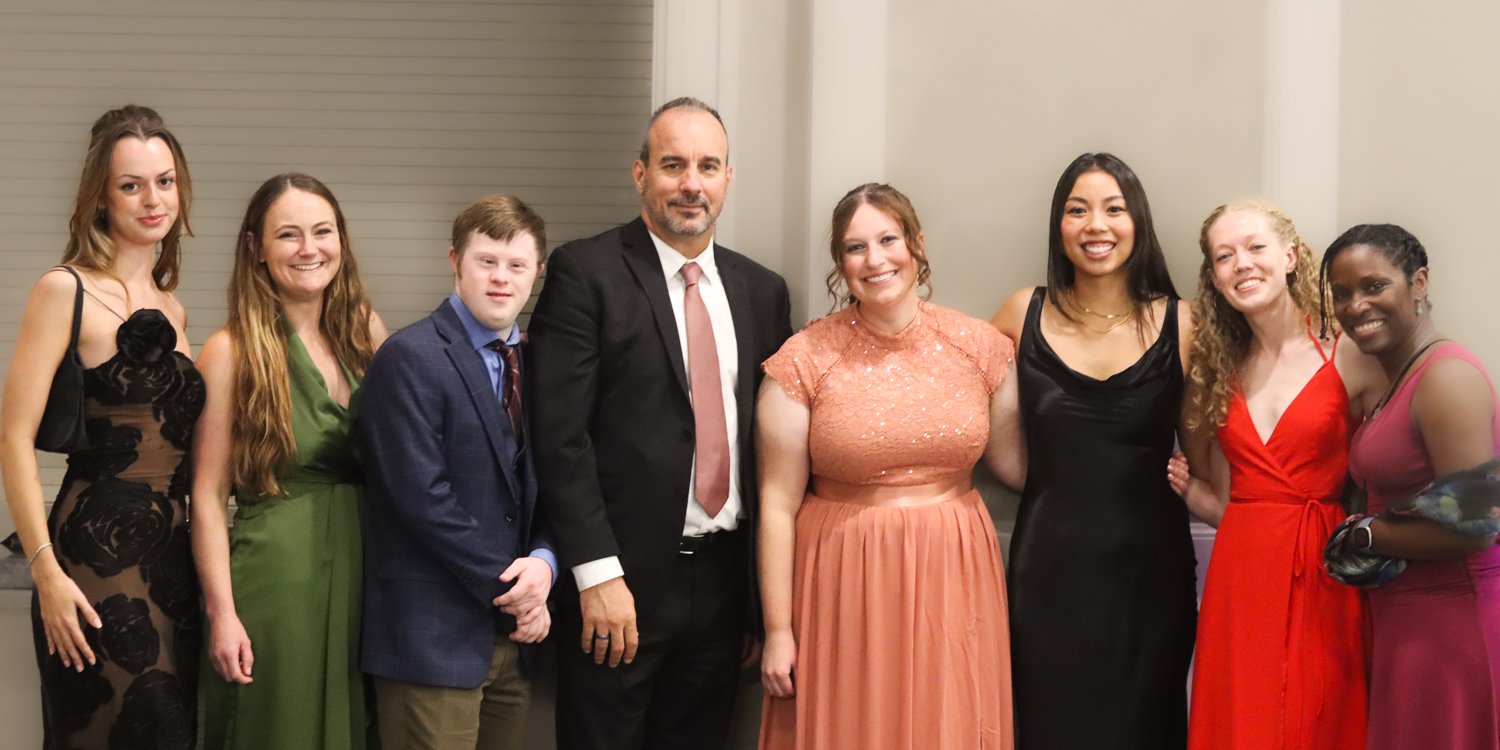Down syndrome, also known as trisomy 21, is caused by an extra copy of chromosome 21 and is the most common chromosomal disorder in the human population occurring at an estimated rate of one in every 700 births. The number of babies born with Down syndrome continues to increase and individuals with Down syndrome are living longer than ever. In fact, the average life expectancy for an individual with Down syndrome has increased dramatically from 10 years old in the early 1900s to about 60 years old today.
Due to the extra chromosome, individuals with Down syndrome are prone to a wide range of co-occurring conditions such as autoimmune disorders and Alzheimer’s disease, but they are protected from other conditions like solid tumor cancers and hypertension.
In 2016, the Linda Crnic Institute for Down Syndrome (Crnic Institute) launched the Crnic Institute Human Trisome Project™ (HTP) with the support of the Global Down Syndrome Foundation (GLOBAL), the Anna and John J. Sie Foundation and the University of Colorado School of Medicine. The HTP is a large natural history study of the population with Down syndrome that includes one of the largest biobanks for Down syndrome research in the world with biological samples from over 1,100 participants. The HTP also supports multiple clinical trials studying immunomodulatory therapies in children and adults with Down syndrome.
Expanding to Latin America
Currently, Latinos are the fastest growing segment of the population with Down syndrome in the United States. Likewise, the Down syndrome population in Latin America, one of the most racially and ethnically diverse areas of the world, is also rapidly increasing. Joaquin Espinosa, PhD, professor of pharmacology and executive director of the Crnic Institute, who was born in Argentina, recognizes the need to broaden the HTP study.
“We believe that expanding the HTP study to Latin America will enable many important discoveries about how variations in race, ethnicity, geography, diet, cultural background, socio-economic status and lifestyle modify the effects of trisomy 21. We believe in the power of diversity to produce discoveries that will benefit not only all people with Down syndrome, but also the general population affected by the medical conditions that are modulated by chromosome 21,” explains Dr. Espinosa.
The purpose of the HTP - Latin America Network is to develop collaborating sites across multiple countries in the region with harmonized protocols, advanced resources and collaborative data collection and analysis.
From Latin America to Colorado
Recently, leaders of the HTP - Latin America Network sites got an opportunity to learn first-hand from the HTP team while visiting Colorado. The group of eleven researchers and physicians traveled from Mexico, Colombia, Venezuela, Brazil, Bolivia, Chile and Argentina to the University of Colorado Anschutz Medical Campus to tour the facilities of the Crnic Institute, the Anna and John J. Sie Center for Down Syndrome at Children’s Hospital Colorado, the Clinical Translational Research Center (CTRC) and the GLOBAL headquarters. They also received training on multiple aspects of the HTP research protocol, from obtaining consent from research participants to processing blood samples and cloud-based data analysis.
"This was an invaluable experience, where we not only received training on the latest approaches in Down syndrome research but also learned from each other through sharing the experiences acquired in our home countries,” says Dr. Macarena Lizama from the Pontificia Universidad Católica de Chile in Santiago, Chile.
The group also attended the 15th annual Be Beautiful Be Yourself Fashion Show hosted by GLOBAL, the largest fundraiser for Down syndrome research and medical care in the world.
To learn more about the HTP and the HTP - Latin America Network, visit trisome.org.










